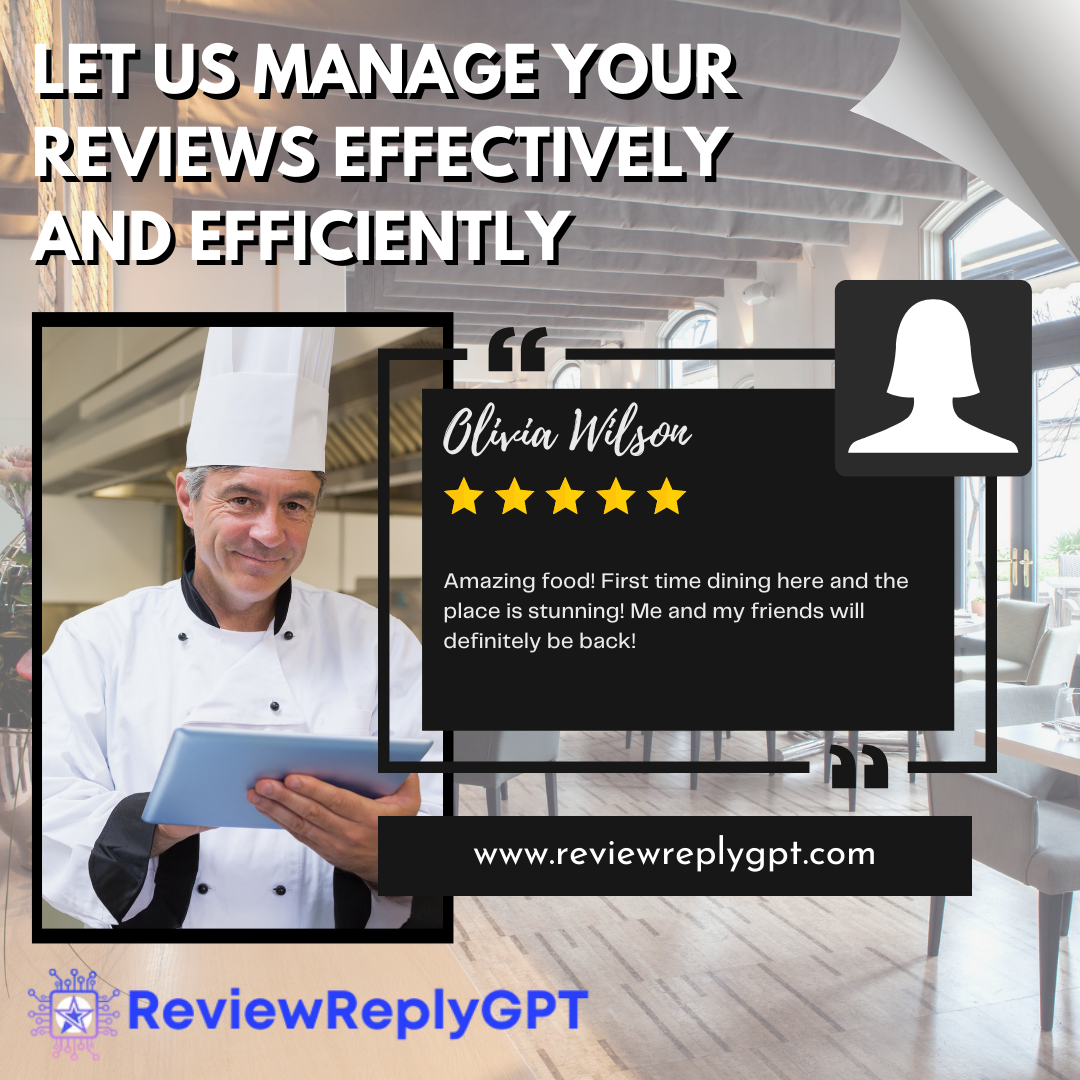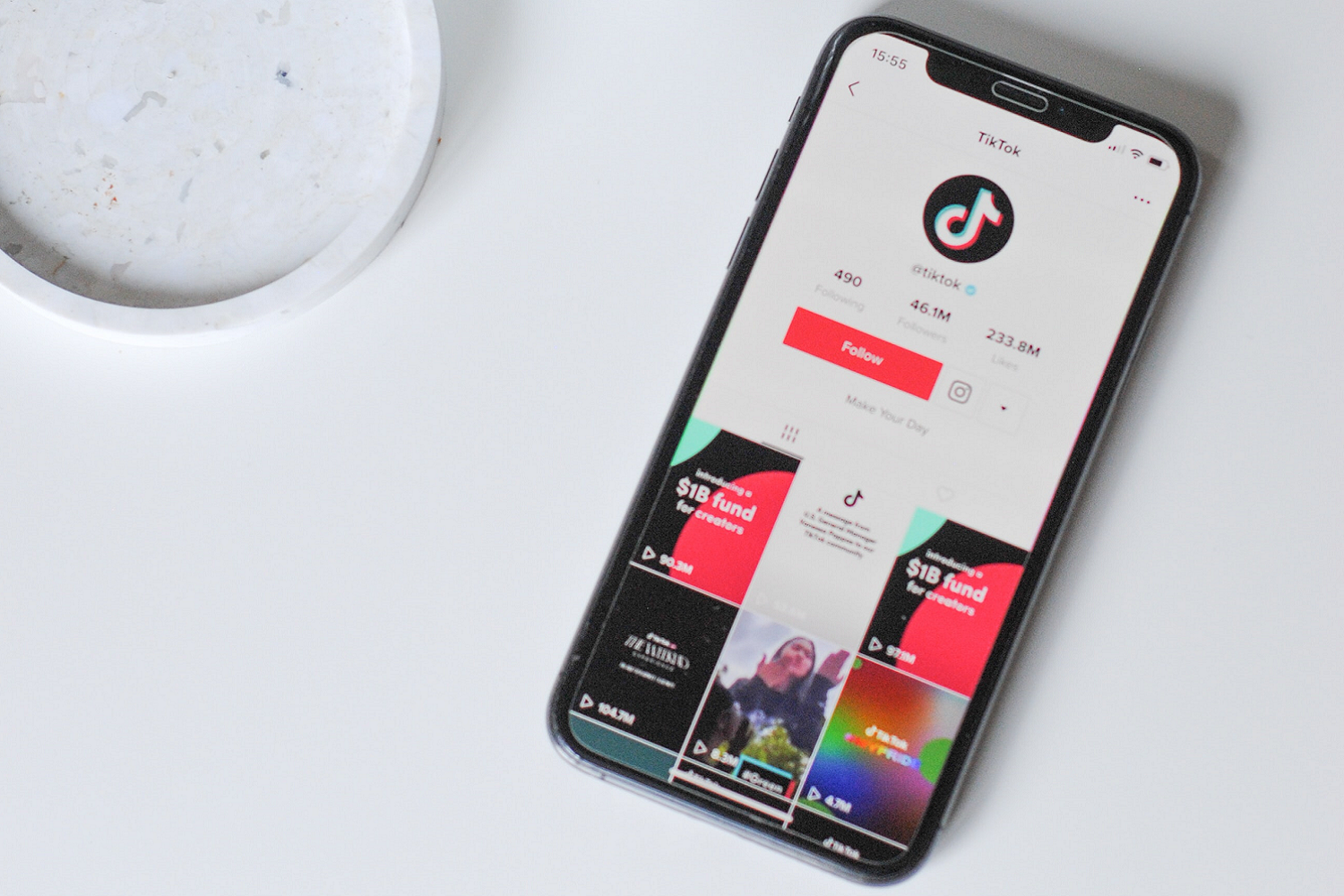What is Search Intent and How to Leverage it to Increase Rankings

Google’s ranking algorithms have progressed significantly in the past few years. While it was possible to obtain high rankings for your content through strategic keyword placement and link building in the past, that’s no longer the case. They’re still crucial elements for any SEO strategy but Google now takes into account a lot more before deciding how to rank content on the results page.
In recent years, the internet search giant has made a considerable shift to give more weight to the intent of the search. The simple way to understand search intent is to put yourself in the users' position. Consider all of the factors behind why they are making this search. Is it because they want to purchase a product or they just want to learn something about it? Are they trying to find a website or just a quick answer to a question?
Search intent also comes into play when trying to optimize your content for SERP features like featured snippets and local business listings. For example, if you own a plumbing business in Los Angeles, people searching for “plumbers in Los Angeles” might be shown your Google Business profile, if you have one. Google’s algorithm understands that the person who made this search wants to find a local plumber. They won’t be interested in general information about plumbers.
Once you truly understand how Google has been using the concept of search intent to improve its rankings and provide more accurate search results, it’s not that difficult to optimize your content so that it fulfills the intent with which your audience is using the search engine.
Understanding the different types of search intent
Google has divided search intent into four types. The brief explanation that follows should make it evident which type of search intent you should be optimizing your content for, depending on the nature of your business.

Informational Intent
If a person is seeking to find out information about any particular topic, Google's algorithm will deem it to have informational intent. It could be something simple like "what is the capital of the United States" or complex like "what is the theory of relativity."
Do bear in mind that not all queries that have informational intent will be posed as questions. For example, a person could search for "Einstein theory" or "Roger Federer age." Google will then show content that is best optimized to answer these queries on the results page.
Navigational Intent
The consideration behind navigational intent is that the user must be looking for a specific website. They're not searching for the unknown. They know precisely what website they want to visit, but just need a little help getting there.
A lot of people commonly just type out the name of a website they want to visit in Google as opposed to typing the entire URL themselves since it's just easier. Queries with navigational intent might include things like "Mercedes Benz US website," "Facebook login," "Instagram Web," etc.
Commercial Intent
A user is deemed to have commercial intent when they're looking for information about products that they want to purchase. They need a little help deciding what they should buy. This may include reading reviews and comparisons of similar products from different manufacturers.
For example, a customer who wants to buy a phone may search for "iPhone 14 vs Galaxy S22." Someone who's in the market for a new car might search for "BMW X3 review," etc.
Transactional Intent
A search with transactional intent represents customers who are further along in the sales funnel and are almost ready to make a purchase. They may have done the research and comparisons previously. Now, they want to go ahead and purchase the product.
The reason behind their transactional intent search may also be to find the best possible deal. A transactional intent search may include keywords such as "buy Apple Watch," "macbook pro discount," etc.
How to leverage search intent to improve rankings
A new approach to keyword research
Understanding your audience's search intent is generally quite obvious from the keywords they use in Google. If you sell leather jackets, the keyword "buy leather jackets" is definitely one you should be optimizing for. Keep that in mind when doing keyword research for content optimization.
SEO research tools, you can take your pick from the many that are available, are worth investing into. They can provide detailed information about keywords and the volume of searches across different regions and even languages. Many of the top SEO tools also indicate the search intent alongside keyword suggestions, thus making it much easier for you to sort out the relevant keywords.
Create content based on search intent
It should have become evident by now that the search intent of your audience should make it clear how your content needs to be structured. If your audience primarily has informational intent, create detailed blog posts that sufficiently answer their queries.
A product page works if your visitors have transactional intent. The structure of the content and the layout of the page should make it easier for visitors to find what it is they’re looking for. This would signal to the algorithm that your content is relevant.
Capitalize on your competitors’ weaknesses
It’s possible that despite not being able to entirely fulfill the search intent, your competitors’ might be ranking higher than you due to low competition on any given keyword. If Google's algorithms aren't able to understand if that content truly meets the search intent, chances are that the ranking will see a lot of fluctuation.
It shows that Google isn't confident in that content's ability and thus this presents an opportunity for content that can check all of the boxes for that query. Utilize any of the widely used SEO research tools to find out such opportunities and create content that’s evidently better that what your competitor is ranking with, while taking particular care of satisfying the intent.
Search intent goes hand in hand with other SEO elements

Other SEO factors still remain important. Fulfilling search intent alone isn't going to magically give top 5 rankings to all of your content. The various other ranking factors that Google weighs are still important, but search intent is an important part of that mix.
Ensure frequency of content, avoid repetition, and unnecessary keyword stuffing. By relying on SEO best practices with further optimization achieved through search intent, you give your content a much better chance of cutting through the clutter and reaching the top of the rankings.
Content created for Digital Harvest Marketing
Are you looking for help navigating the ever complicated digital marketing space? We can help!
The Harvest










